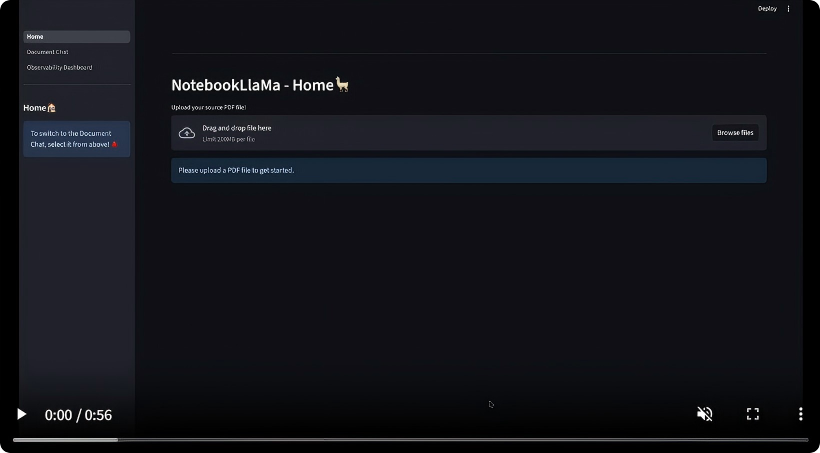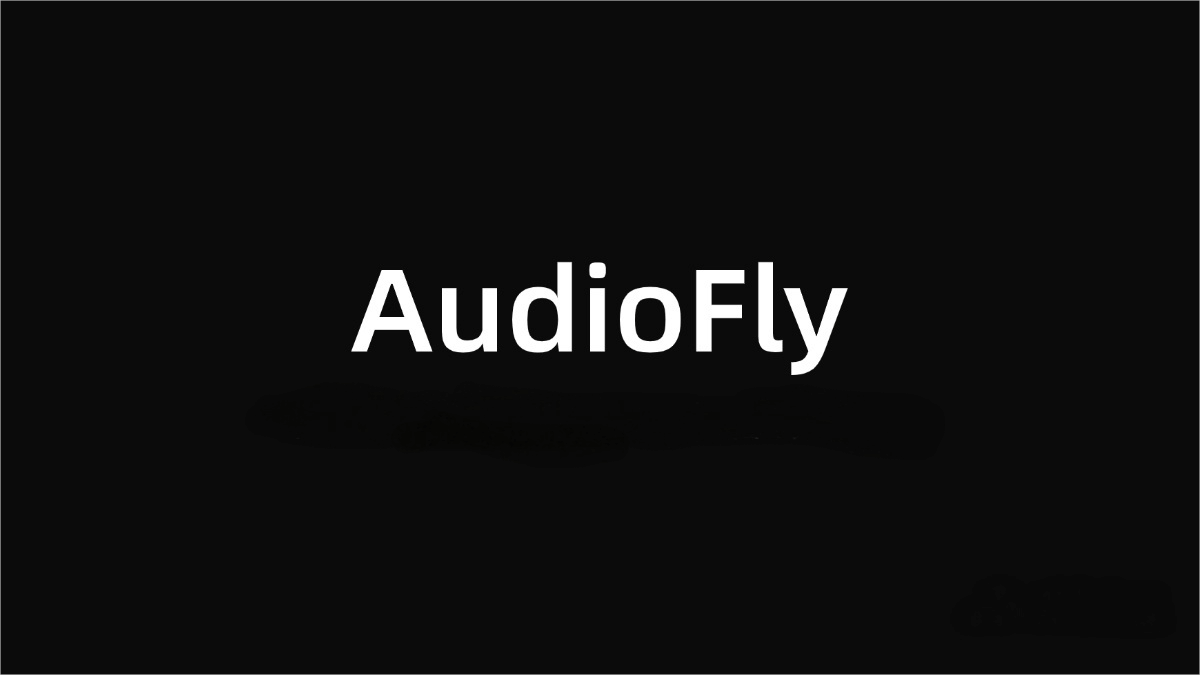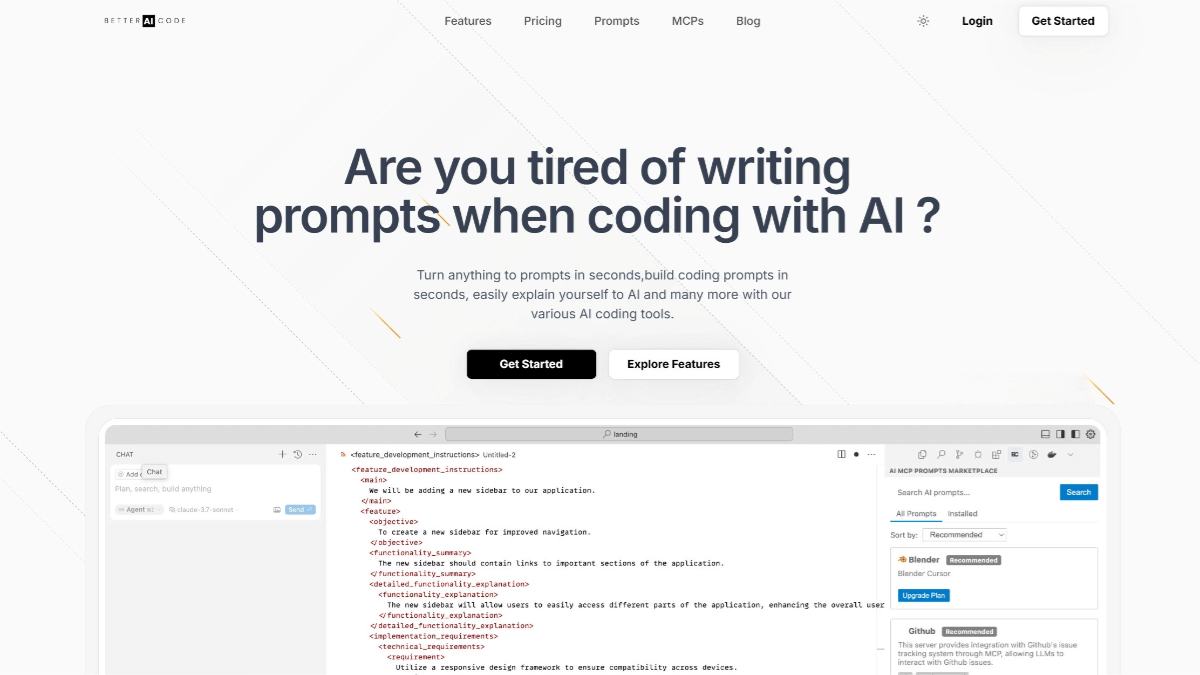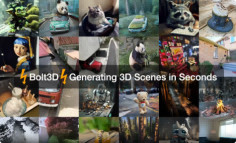Notebook Llama: The Open-Source Notebook LM Alternative for AI-Powered Podcasts
What is Notebook Llama?
Notebook Llama is a fully open-source document-to-audio tool developed by the run-llama community, designed as an alternative to Google’s Notebook LM. It enables users to locally deploy an AI system that transforms documents like PDFs into podcast-style spoken content. By leveraging LLaMA models and open-source TTS engines, it creates natural, multi-speaker dialogue from written material—ideal for document exploration, podcast creation, and privacy-conscious AI workflows.

Key Features
-
PDF-to-Podcast Workflow
A four-step pipeline that:-
Extracts and preprocesses text from PDFs
-
Uses LLaMA models to generate podcast-style scripts
-
Refines the dialogue into natural, conversational tone
-
Converts scripts into audio using open-source TTS tools like Parler-TTS or Bark
-
-
LlamaCloud Integration
Seamlessly connects with LlamaCloud to manage model inference and document indexing. -
Modular CLI Toolchain
Comes with command-line tools and Jupyter notebooks for text extraction, indexing, and backend orchestration—easy to customize and extend. -
Streamlit Frontend
Provides a user-friendly web UI built with Streamlit, allowing users to upload documents, initiate sessions, and listen to the generated podcast content. -
Observability & Tracing
Integrated with Jaeger for performance monitoring and interactive session tracing.
Technical Architecture
Notebook Llama follows a two-layer architecture:
-
Core Processing Layer
-
Scripts handle text extraction and semantic indexing from documents
-
LLaMA-based models (e.g., LLaMA 3.2, 3.1) generate conversational scripts with simulated multi-speaker dialogue
-
Open-source TTS engines synthesize high-quality audio
-
-
Service & Interface Layer
-
Python-based backend server built with
uv, following MCP-style tool orchestration -
Streamlit frontend for user interactions and playback
-
PostgreSQL and Jaeger run via Docker Compose for session state and observability
-
-
Deployment Environment
-
LLaMA models run on LlamaCloud
-
Uses
ffmpegfor audio processing -
Fully deployable locally or in cloud environments
-
Project Info & Setup
-
GitHub Repo: run-llama/notebookllama
Use Cases
-
Document Audio Exploration
Interact with your PDFs, research papers, or manuals in conversational audio—backed by semantic indexing and retrieval. -
Podcast Content Generation
Automatically convert PDFs or plain text into multi-voice, AI-narrated podcast episodes. -
Educational Demos & Research
Perfect for learning or teaching LLM, NLP, TTS, and agent orchestration pipelines. -
Local Deployment & Privacy First
Run everything locally with your own models and TTS tools—ideal for compliance-sensitive or offline applications.
Related Posts




